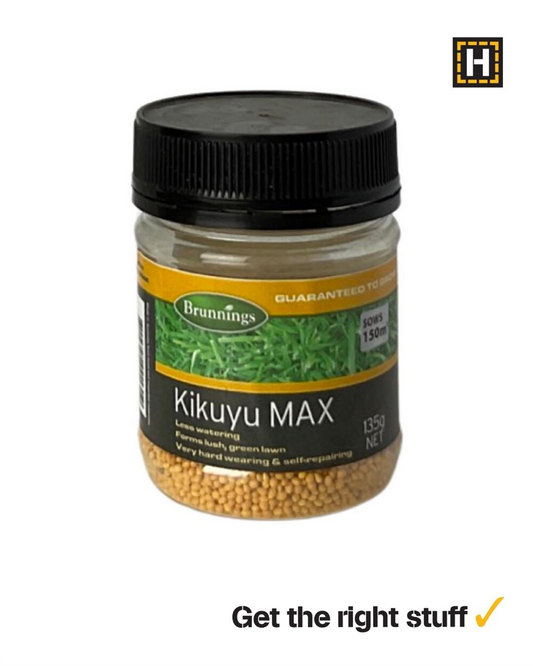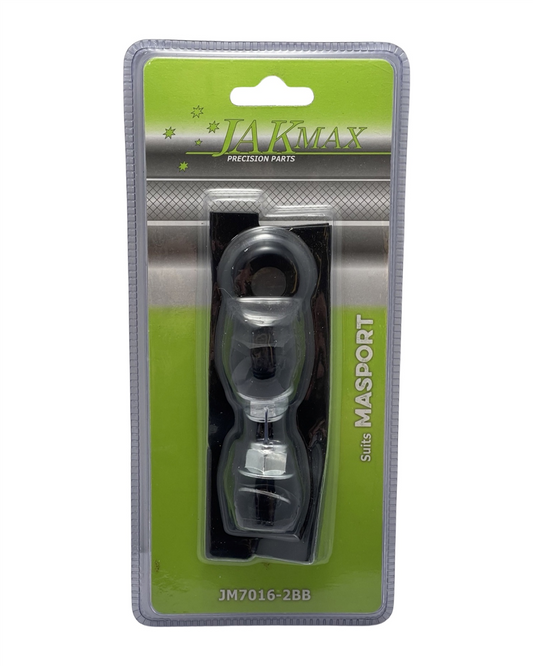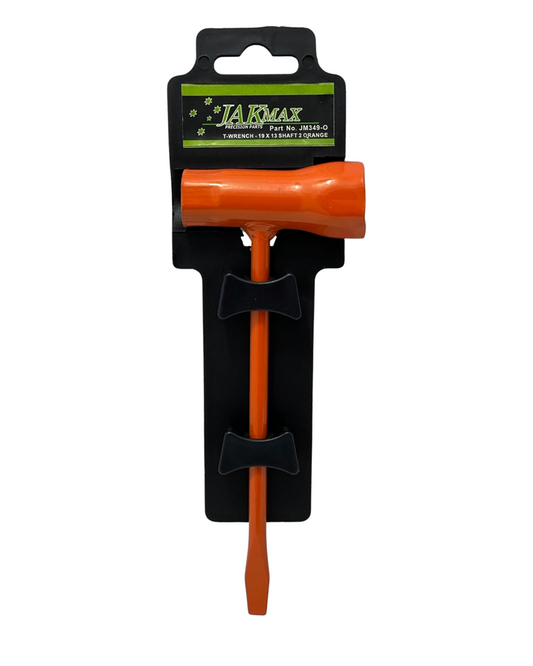The role of organic matter in soil health
Share
Why Organic Matter Is Your Secret Weapon for a Thriving Garden
Picture this. You've just moved into your new home, and there's a patch of dusty, lifeless soil in the backyard. You dream of lush greenery, blooming flowers, and maybe even some homegrown veggies. But where do you start? The answer lies in something simple and magical—organic matter.
What Exactly Is Organic Matter?
Organic matter is the unsung hero of healthy soil. It's made up of decomposed plant and animal material, including leaves, compost, grass clippings, and even tiny microbes working behind the scenes. When added to soil, it becomes the secret sauce that helps plants thrive.
The Benefits of Organic Matter for Your Garden
Think of organic matter as the lifeblood of your soil. It brings a host of incredible benefits that can turn even the most neglected patch of dirt into a garden paradise.
- Improves Soil Structure: Healthy soil needs just the right balance of air, water, and organic particles. Organic matter binds sandy soil together and loosens up heavy clay, making it easier for roots to spread.
- Boosts Water Retention: Ever notice how some gardens look lush even in dry months? That’s organic matter at work, trapping moisture and preventing it from evaporating too quickly.
- Feeds Beneficial Microorganisms: Your soil is teeming with tiny, invisible workers—bacteria, fungi, and earthworms. Organic matter keeps them well-fed, and in return, they break down nutrients and keep your plants healthy.
- Reduces the Need for Fertilisers: With nutrient-rich organic matter, your plants receive a steady supply of vitamins and minerals, meaning less reliance on synthetic fertilisers.
- Encourages Root Growth: Strong roots mean strong plants. When the soil is loose and full of goodness, roots can grow deep, securing your plants against wind and drought.
What Can You Use as Organic Matter?
Luckily, organic matter comes in many forms, and adding it to your garden is easier than you think. Here are some beginner-friendly options that work wonders:
- Compost: If you’ve got kitchen scraps and yard waste, you’re sitting on a goldmine for your garden. Banana peels, coffee grounds, and veggie scraps break down into nutrient-rich compost.
- Mulch: A layer of straw, wood chips, or shredded leaves not only looks great but also keeps moisture locked in and weeds at bay.
- Manure: Well-aged manure (from cows, horses, or chickens) is packed with nutrients. Just make sure it’s fully composted to avoid burning your plants.
- Grass Clippings: Fresh clippings add nitrogen to the soil, while dried clippings work as a mulch to retain moisture.
- Leaf Litter: Rake up those fallen leaves and spread them over your garden beds. Over time, they break down into a natural, nutrient-dense fertiliser.
How to Add Organic Matter to Your Garden
Getting started is as simple as mixing organic materials into your soil or layering them on top. Here’s how:
- Top Dressing: Spread compost or mulch directly on top of your garden beds. Earthworms and microorganisms will work their magic to blend it into the soil.
- Soil Mixing: If your soil is particularly poor, dig in compost or aged manure to enrich it before planting.
- Mulching: Apply a layer of organic mulch around your plants to keep moisture in and weeds out, breaking it down slowly over time.
A Little Effort, Big Rewards
Organic matter is one of the easiest and most effective ways to improve your garden, and it doesn’t take years to see results. Within a season, you'll notice healthier soil, stronger plants, and fewer garden headaches.
So, next time you’re tossing out those veggie scraps or raking leaves, think twice. You might just be holding the key to a thriving, beautiful garden!
Happy gardening!
Candeece
 Stay Connected
Stay Connected
Join our gardening community on Facebook the Urban Gardener's Notebook
And follow our Store Facebook Page: Strathalbyn H Hardware on Facebook









